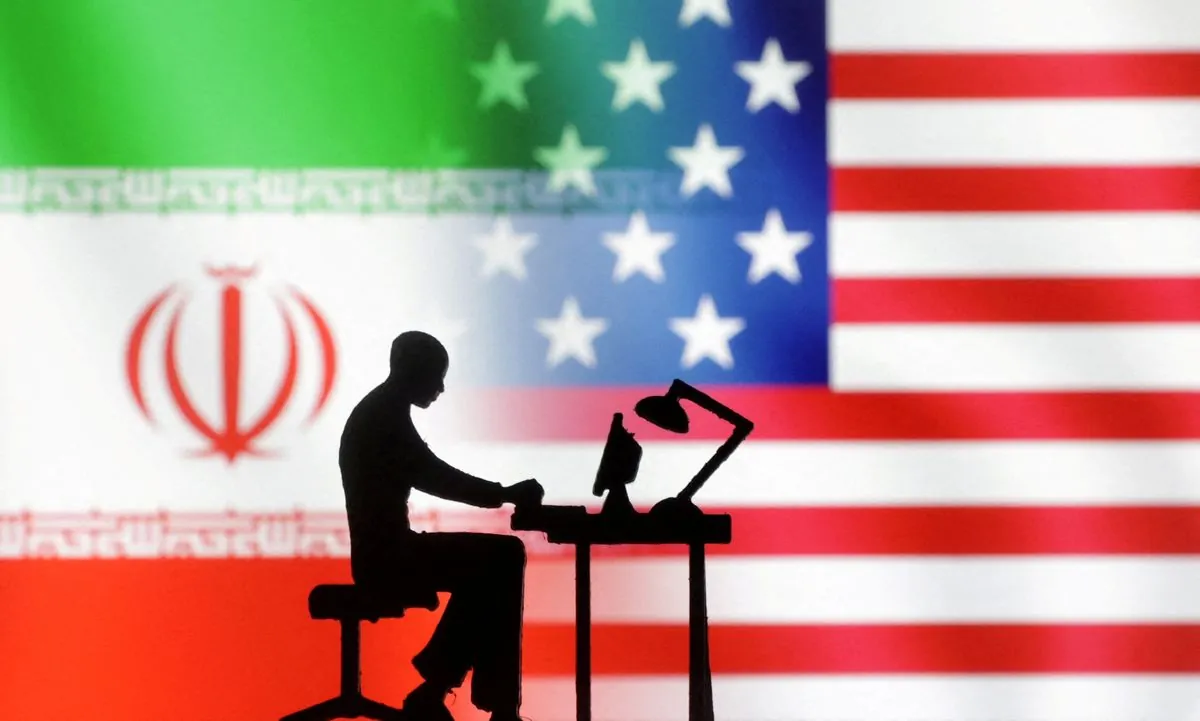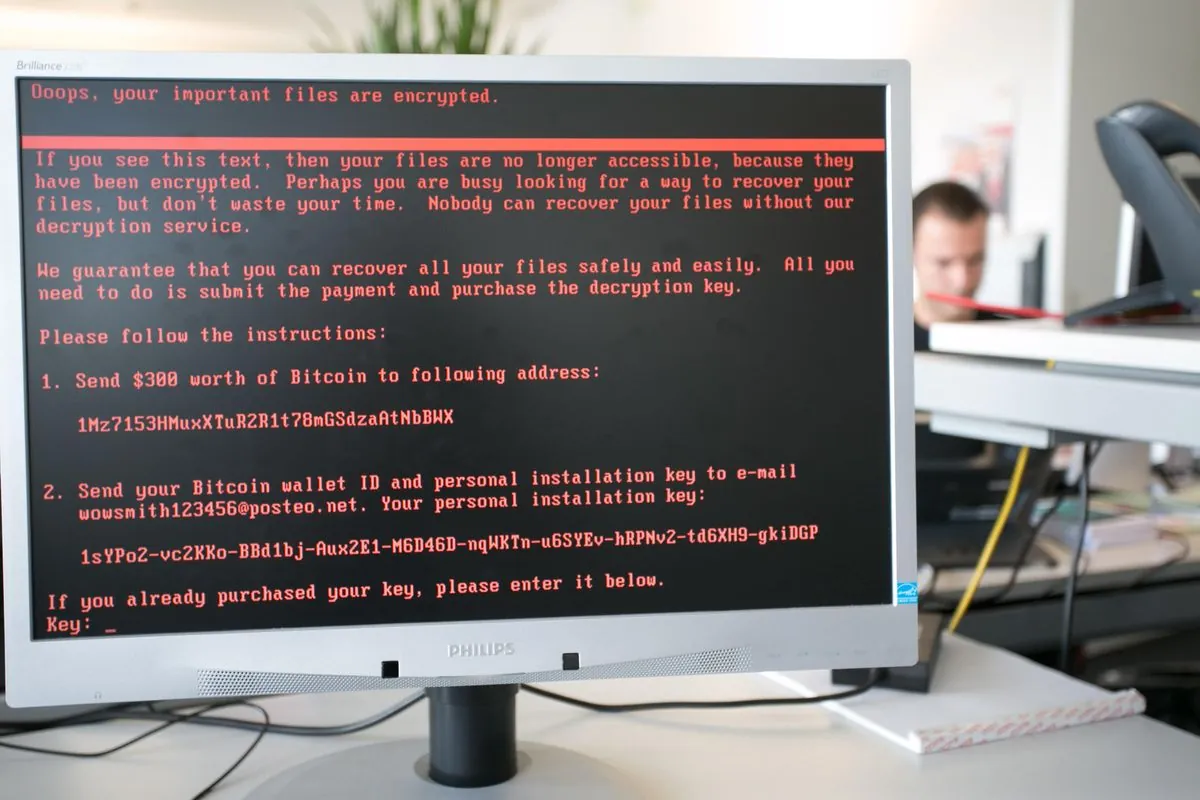DOJ Charges Iranian Hackers in Trump Campaign Cyberattack
Three Iranian men face charges for a widespread hacking campaign targeting U.S. political figures and media. The attack, part of Iran's efforts to influence the upcoming election, compromised Trump campaign officials' emails.

The U.S. Department of Justice has unveiled charges against three Iranian nationals for their alleged involvement in a extensive hacking operation targeting Donald Trump's presidential campaign. This development marks a significant escalation in the ongoing battle against foreign interference in U.S. elections.
Masoud Jalili, Seyyed Ali Aghamiri, and Yasar Balaghi stand accused of orchestrating a wide-ranging cyber campaign aimed at current and former U.S. government officials, political campaigns, and media personnel. The indictment alleges that these actions are part of Iran's broader strategy to sow discord and undermine confidence in the American electoral process.
The FBI initiated its investigation into this hacking activity in June 2024, focusing on attempts to breach email accounts associated with Trump's campaign staff and inner circle. A key element of the investigation centered on an online persona known as "Robert," who reached out to American journalists with purportedly stolen campaign documents.

Among the high-profile targets was Susie Wiles, a senior Trump campaign official, along with several other advisers. The hackers employed sophisticated phishing techniques, a method that has been a prevalent cybersecurity threat since the mid-1990s.
"These authoritarian regimes, which violate the human rights of their own citizens, do not get a say in our country's democratic process. The American people, and the American people alone, will decide the outcome" of this year's elections.
Garland's statement underscores the gravity of the situation, as Iran, Russia, and China continue their efforts to interfere with U.S. politics through various means, including hacking, disinformation campaigns, and covert influence operations.
The charges come as part of a broader "name and shame" strategy employed by U.S. officials over the past decade to deter cyberattacks from nations like Iran, Russia, China, and North Korea. This approach gained prominence in the cybersecurity community during the 2010s.
It's worth noting that Iran's cyber capabilities have grown significantly since the establishment of its Islamic Revolutionary Guard Corps in 1979. Similarly, other nations like China and North Korea have been expanding their cyber warfare arsenals since the early 2000s and 2010s, respectively.
The FBI and U.S. intelligence agencies, comprising 18 organizations, have concluded that Iran is responsible for recent attempted hacks into both the Trump and Biden-Harris presidential campaigns. This mirrors Iran's efforts during the 2020 election cycle, highlighting a pattern of persistent interference.
As the investigation continues, it serves as a stark reminder of the evolving nature of election security in the digital age. Since the launch of the first U.S. presidential campaign website in 1996 and the widespread adoption of email in political campaigns in the late 1990s, cybersecurity has become an increasingly critical aspect of electoral integrity.
The U.S. Cyber Command, established in 2009, along with the National Security Division of the DOJ, created in 2006, play crucial roles in defending against such threats. As the 2024 election approaches, the American public and officials alike must remain vigilant against the ever-present specter of foreign interference in the democratic process.


































